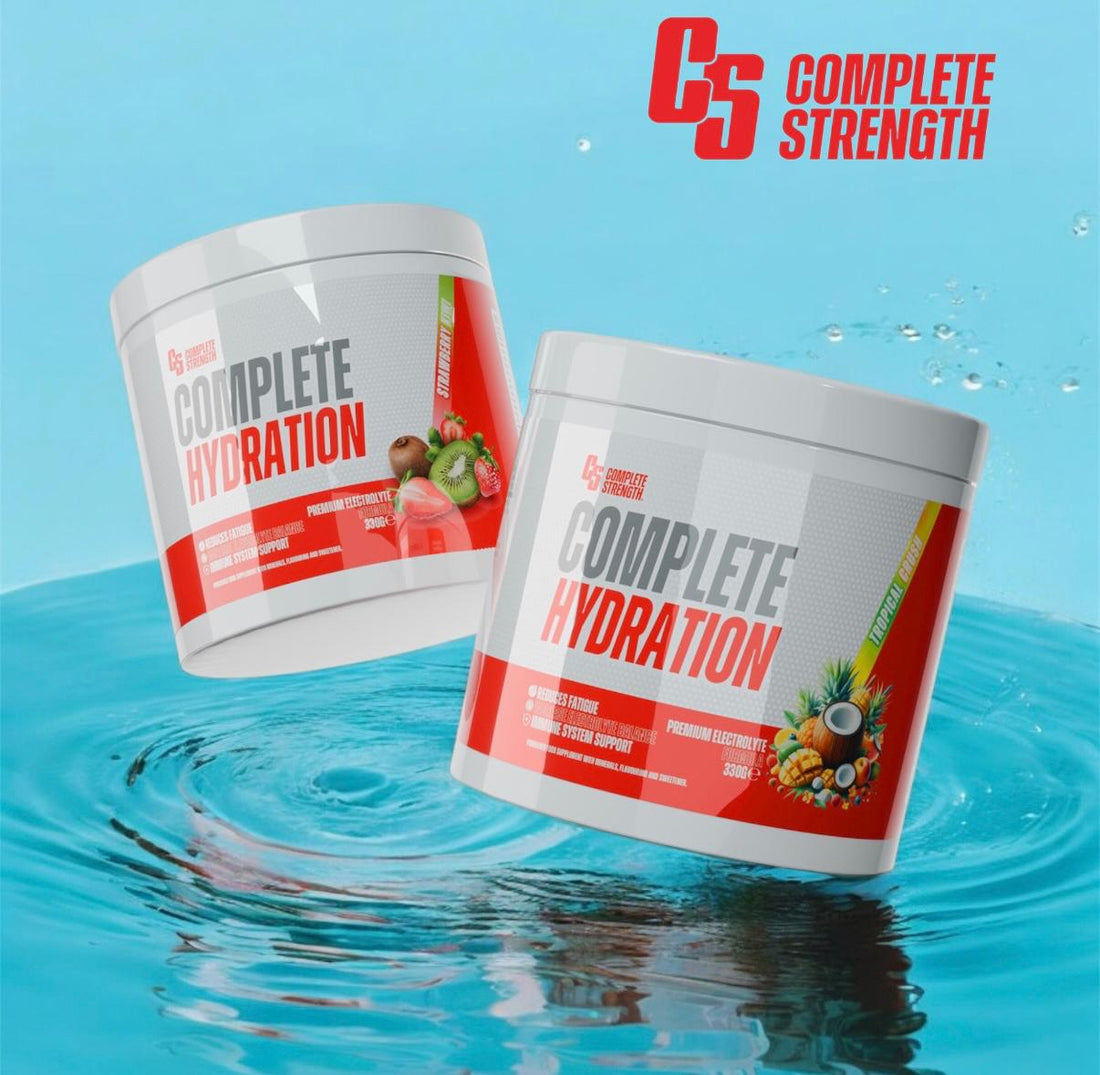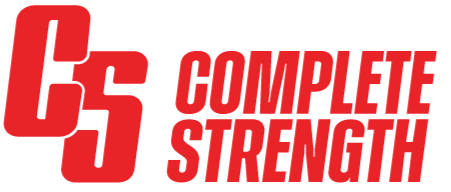Hydration-The unsung hero of performance
Share

 What are electrolytes?
What are electrolytes?
Electrolytes are essential minerals which the body needs to support a variety of vital functions in the body such as muscle function & contraction, transmitting electrical nerve signals to the heart & keeping brain & kidney function healthy by regulating fluid balance inside & outside of cells. Without the sufficient replenishment of key electrolytes such as Sodium, Potassium, Magnesium & Calcium the body can very quickly become dehydrated during exercise leading to a rapid decline in performance. Each one contributes to keep electrolyte balance stable & allows the body to perform to its maximum potential.
Electrolytes are often lost through sweat as well as urine, as we exercise & complete activities with exertion & effort, the amount we sweat increases, often people will turn to water to stay hydrated, however this can often exacerbate the issue without additional electrolytes to help absorb & retain the water causing even more frequent urination. Without sufficient hydration levels it could lead to one of the following symptoms;
- Headaches
- Dizziness
- Fatigue & Disorientation
- Muscle Cramps/Spasms
- Irregular Heartbeat
- Nausea/Sickness
- Severe cases of dehydration can lead to severe health complications such as seizures, coma, cardiac arrest & even death
These symptoms are often brought due to the lack of Sodium, Potassium, Magnesium or Calcium which the body requires to be at a balanced level to avoid the above. Dehydration can be brought on by exercise, but also a variety of other lifestyle factors such as alcohol consumption due to its diuretic effect, sickness such as vomiting or diarrhea leading to dehydration due to loss of fluids, certain types of medications which lead to diuresis also impaired kidney function or kidney disease which often requires specialist dialysis treatment to support the filtering of waste products from the body. Leading a diet which contains foods low in essential vitamins & minerals can also lead to electrolyte deficiencies.
So, why electrolytes for performance?
Electrolytes support key physiological processes that directly influence exercise performance Often sports drinks contain electrolytes to support performance, however, are often high in sugars which can often mimic
- Hydration: - Electrolytes like sodium, potassium, and chloride help regulate fluid balance within the body. During exercise, you lose fluids through sweat, and electrolytes help the body retain and balance the water in cells, tissues, and organs. Maintaining proper hydration helps ensure that muscles, joints, and organs function optimally during exercise, improving endurance and reducing fatigue.
- Muscle function: - Potassium, magnesium, and calcium are essential for muscle contraction and relaxation. A deficiency in these electrolytes can cause muscle cramps, weakness, or spasms, which can severely hinder performance. Keeping electrolyte levels in balance helps muscles work efficiently, reducing the risk of cramps and ensuring smoother movement during activity.
- Nerve function: - Electrolytes are involved in the transmission of nerve signals. These signals control muscle movement, coordination, and reaction times. Without adequate electrolytes, nerve signaling becomes impaired, which can lead to slower reactions, poor coordination, or even muscle weakness.
- Heart function: - Electrolytes are critical for maintaining the electrical activity of the heart. An imbalance in electrolytes, particularly sodium, potassium, and calcium, can lead to irregular heart rhythms (arrhythmias), which can be dangerous, especially during intense physical activity.
- Energy production: - During exercise, muscles use energy stored in the form of glycogen and ATP. Electrolytes like magnesium play a role in energy production and the activation of enzymes needed to break down this energy delaying the onset of fatigue & keep your performing at your best for longest.
- Recovery: - Electrolytes are also important for post-exercise recovery. After intense exercise, the body needs to restore lost electrolytes to recover efficiently. Replenishing electrolytes helps restore fluid balance, support muscle repair, and reduce soreness.
What should I consider when using an electrolyte?
Ø Activity Type: Longer or more intense workouts require more electrolytes.
Ø Hydration: Ensure you're not just drinking water but also replenishing electrolytes to prevent an imbalance.
Ø Electrolyte Needs: Consider which electrolytes are most important for your activity (sodium for endurance, potassium for muscle function).
Ø Personal Factors: Account for factors like sweat rate, diet, and health conditions.
Ø Supplement Choices: Choose products with the right balance of electrolytes, and be mindful of sugars or artificial additives.
Ø Timing: Pre, during, and post-workout are all important times to replenish electrolytes.
Which electrolyte should I use?
This is where ‘Complete Strength Hydration’ comes into support all your electrolyte needs. Our NEW formula contains all the essential minerals required to support hydration level,; optimal performance & maximum recovery & it is available in two refreshing flavours of Tropical crush & Strawberry Kiwi which taste perfectly in ice cold water.
With over 3.5g of essential minerals to support electrolyte balance per 5.5g serving & 60 scooper container Complete Strength Hydration needs to be your go to performance supplement.
It can be used in a morning to rehydrate after sleep as part of your morning stack alongside Glutamine & Multivitamin + Digestive Enzymes, pre workout in conjunction with GOAT pump & Pre V2 to prepare your for the intense workout ahead & ensure electrolytes are full to capacity, as part of your intra workout nutrition stack to maintain endurance & muscular contraction during in conjunction with HBCD, creatine & EAAs. Finally, post workout before or alongside your post-workout meal to replenish electrolyte balance following an intense workout or training session.
References;
Electrolytes: Types, Purpose & Normal Levels
